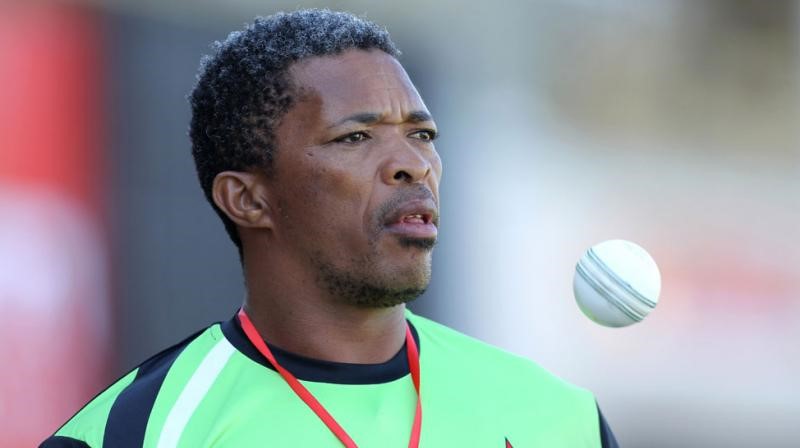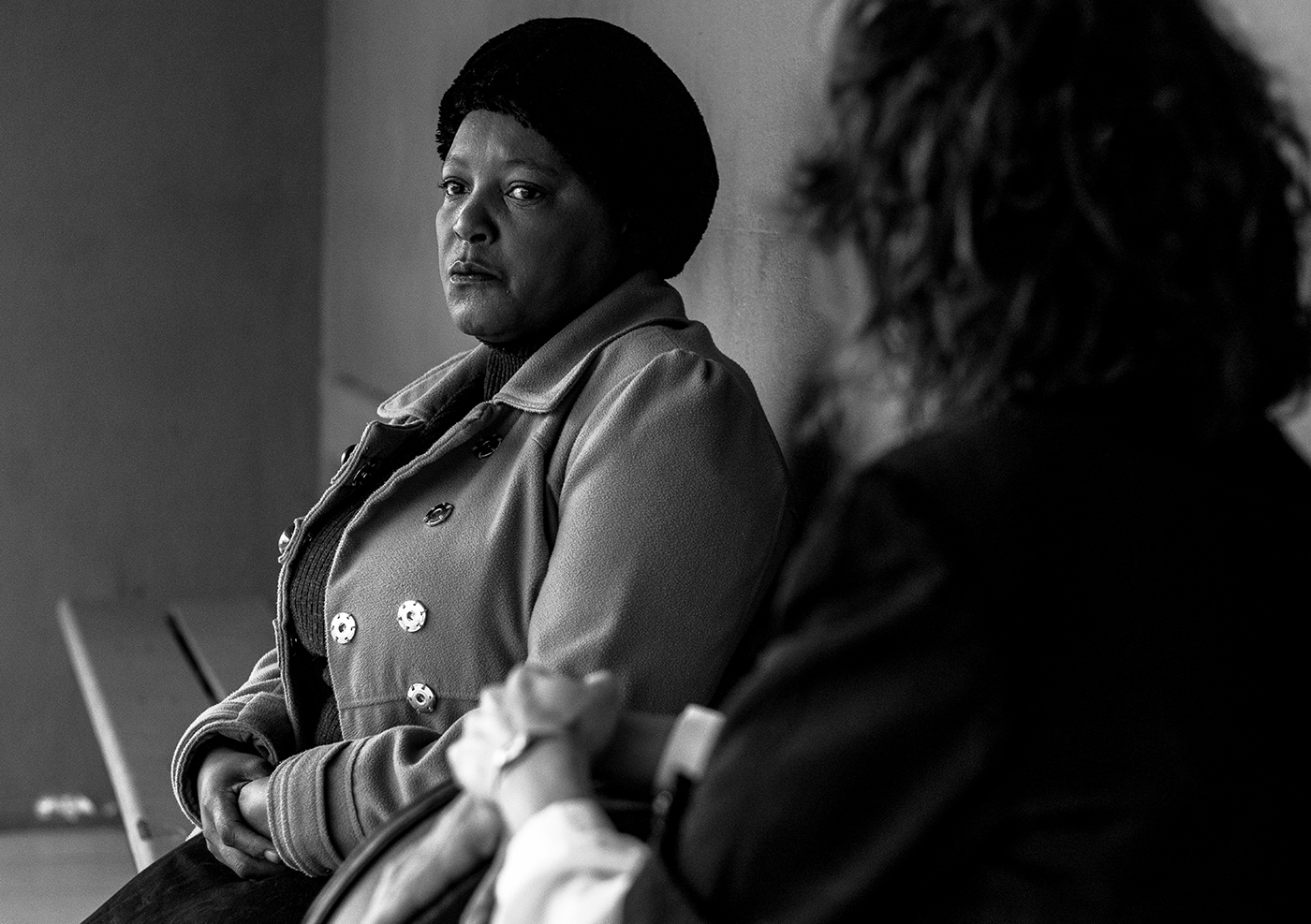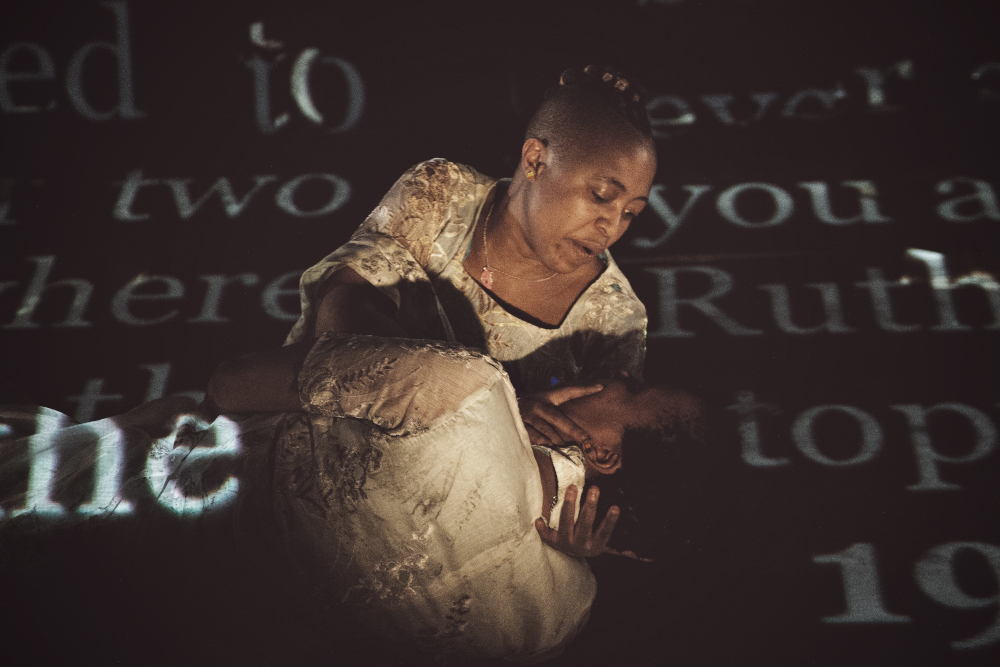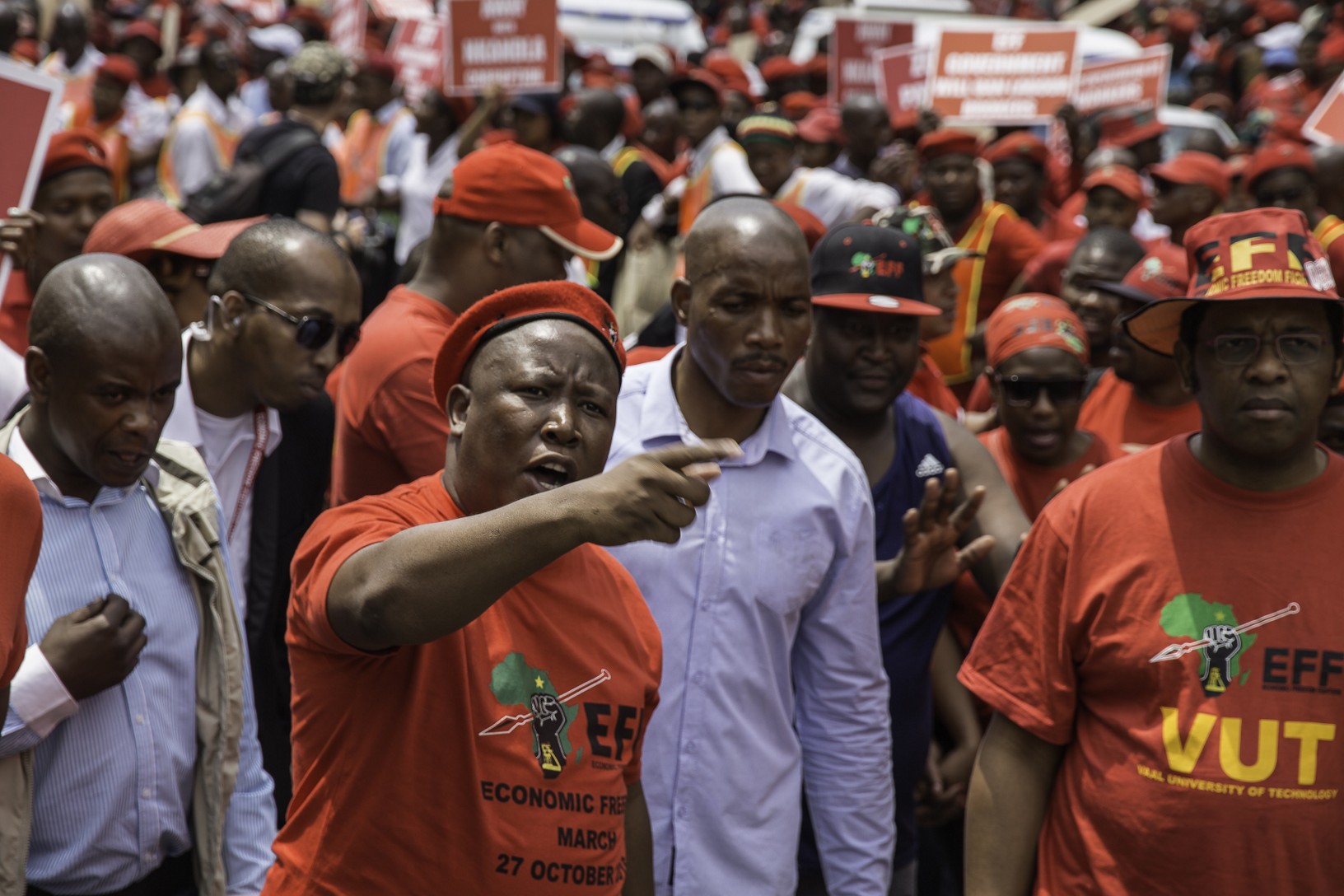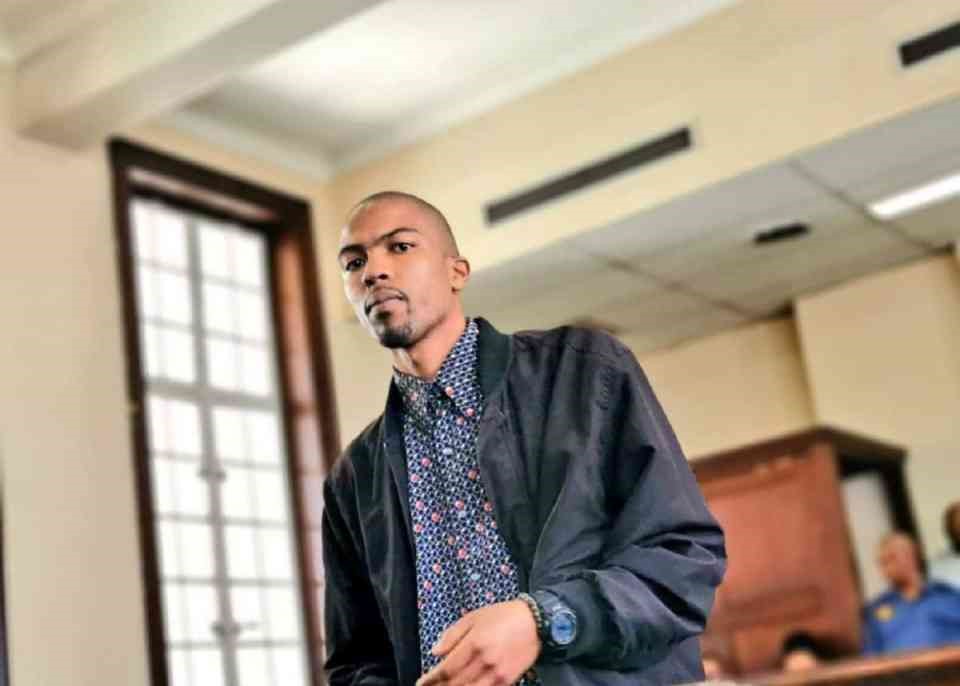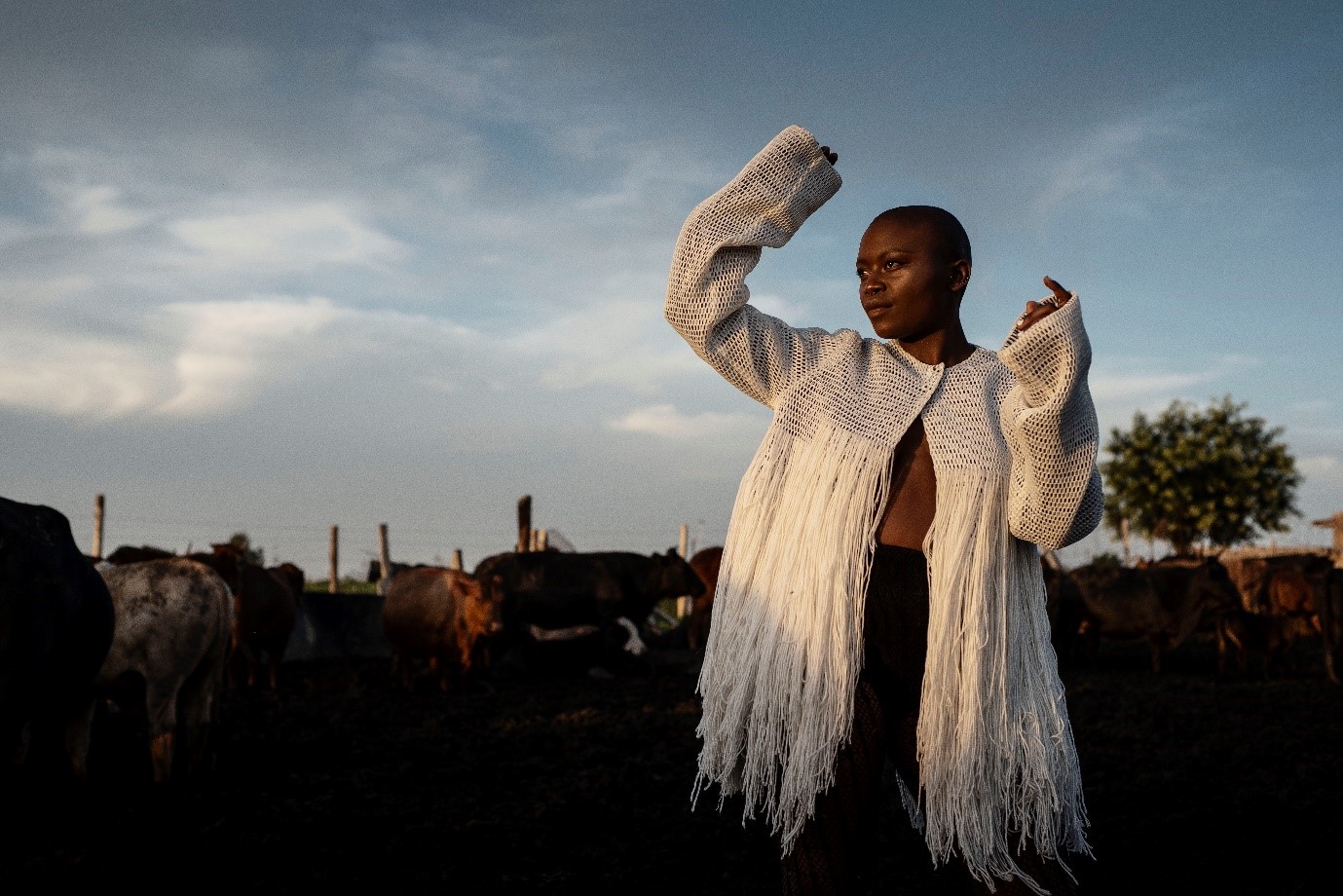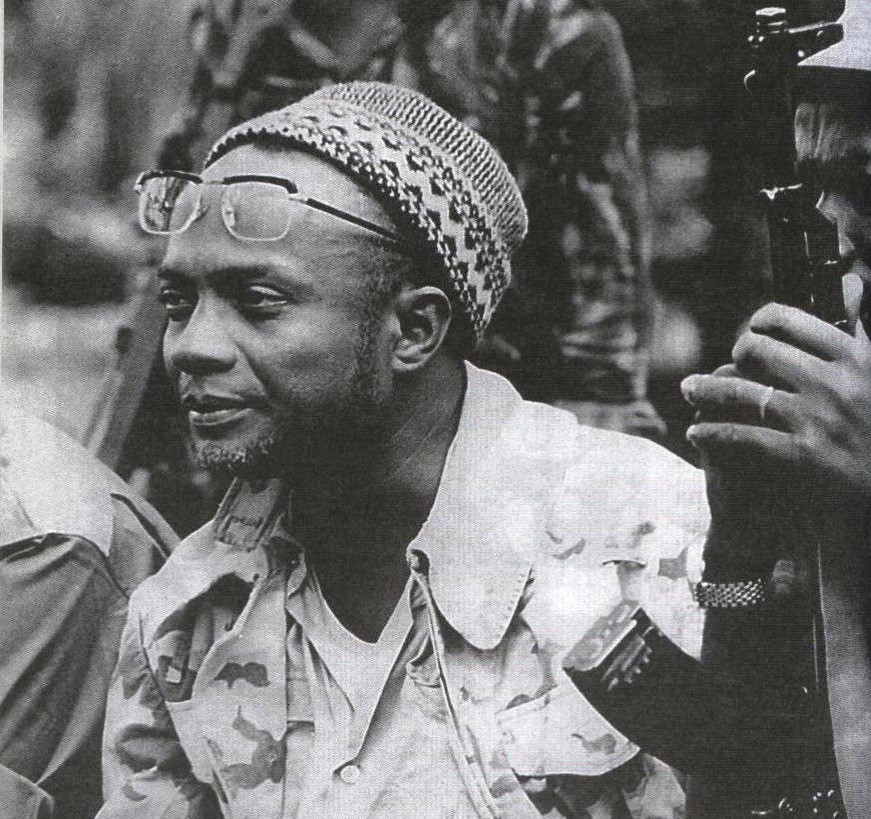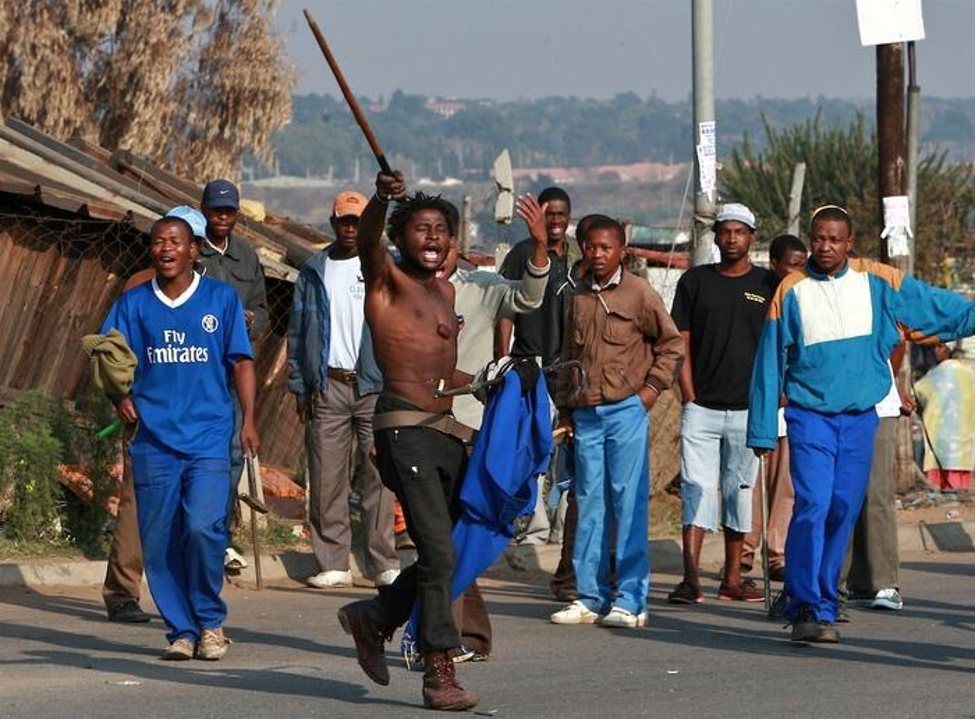I recently found myself at a crossroads with regard to the conversation around Black Lives Matter in South Africa’s cricket and rugby spaces. When Makhaya Ntini told his story, my immediate feeling was of empathy and sadness. In fact, I believe it's safe to say Black people who are familiar with Ntini generally had similar feelings to my own. We felt this without the need for a single thumb-sucked statistic, and without the need for him to point out specific incidents involving particular people — in order to make his lived experience real to us. Without ever having set foot on that bus with him, we knew exactly what he was talking about.
And then the remarks of his 1999 rape case began making the rounds. When I first read about this in Pumla Gqola's Rape: A South African Nightmare, a deep sadness and empathy, similar to the one I described for Ntini, came over me — but this time for the womxn he had allegedly raped. I needed no empirical evidence to make her experience real to me. When this surfaced right after his interview with the SABC, I still remained empathetic to his experience. This is where my crisis began. This Black man's Blackness was not safe from anti-Black racism, but he remained a man who allegedly raped a womxn and got away with it. I immediately resented my Blackness, for understanding, and began to unravel a number of deep-seated problematic conclusions I had come to.

Something emerged in my week-long pondering over this matter. This was triggered by a conversation that Angela Rye and Will Smith had, about victims of anti-Black racism and police brutality in the US. Angela profoundly states:
“..I was going through and reading stories on people who didn't go viral, there is a laundry list of their criminal records, all of that diminishes their humanity; by the time you get to the bottom you are like ‘of course they got shot', it gets to the point where you justify that their particular life doesn't matter; over time that math says there is a whole bunch of Black lives that don't matter”.
This highlighted deeply felt contradictions in my thought process around Ntini’s lived experience, within an all-white cricket team, and his alleged rapist status. I realised that I was attempting to wish away his suffering within the team, in order to not diminish my solidarity with the womxn he had allegedly raped. I was doing what they did to George Floyd and so many others — I was going through Ntini's rap sheet, so to speak; and unwittingly deciding that he ‘deserved it’...
As a Womanist/Black Radical Feminist, the complexities of the politics of respectability are not lost on me. I realise how racist stereotypes of Black men and womxn have compelled us to reject social phenomena, such as hypersexualisation and criminalisation, when they are inhered into the ‘being Black’ in the world we know. However, this has created something of a double-edged sword, in that it has led Black radical theorists and thinkers into a victim-sanitising frenzy — where Black victims have to be perfect in order to be believable — and in order for empathetic responses to occur and be “deserved”.
In the era that we find ourselves in (a time of social media, cancel culture, a failed justice system and the merciless court of public opinion), when womxn who are victims of violent sexual crimes come forward, there are a number of reactions that typically arise from the court of public opinion. The victim’s character, along with their “register of deeds” is displayed. Men hang onto the most convenient parts of this, the bits that are supposed to render this womxn unrapeable — like being a sex worker, being an alcoholic, being a pathological liar and so forth. On the other hand, womxn and in particular, Black Feminists, will attempt to point out details that make her story plausible, and to some extent conveniently choose the parts of this womxn's “register of deeds” that make her rapeable — and more often than not highlighting parts of the perpetrator's character that make their ability to rape someone believable. Both of these reactions are problematic, because they assume that two things cannot be true at the same time.
Attempting to justify rape by stating in not so many words, “she deserves it because she is a sex worker/a wife/a liar/a cheat/not a child/not a granny...” means that, in order to be unrapeable, womxn must cease to be human… as these standards are impossible to meet for any human being. While sanitising victims and survivors of rape actually vulgarises respectability, it implies that there is a rapeable womxn, but this one has failed the test of respectability, and therefore is not rapeable. It is possible, and very likely, that someone is a flawed or even terrible human being — and also a victim of one or more of the many oppressions that we are faced with at the same time. We must refuse to epiphenomenize these realities.
My empathy for Ntini lives in the very same body with the aggravation that believes the womxn’s allegations against him; and this is completely fine. These two things do not cancel each other out, and we need to start realising this. As womanists and Black feminists we know that no womxn can pass the test of respectability; and as Black people who realise Black Lives Matter, we know that this is true regardless of ever-winding rap sheets that scream “THEY DESERVED IT”.
The test of respectability that I speak of is anchored on ever-shifting sands of sense-making and responsibility-taking. On the ever-shifting grounds of masculinity-defined moralities and ethics, we cannot find ourselves — and to attempt to do so is to tie ourselves to a hamster wheel. This is repeatedly shown by the cry for empirical evidence and the intervention of the failed justice system, by men, when a womxn is violated. Yet they do not demand the same when another man is at the receiving end of anti-Black racism. This is a trap I do not wish to fall into, and I hereby call upon all feminists who acknowledge and understand intersectionality never to fall prey to this trap.

